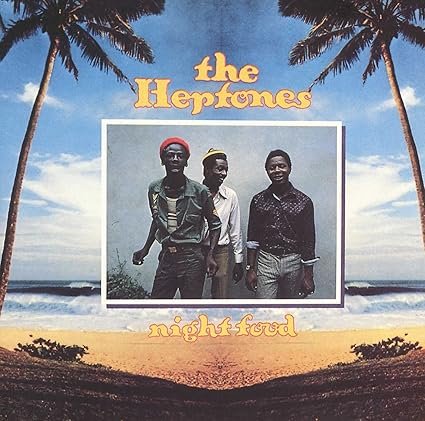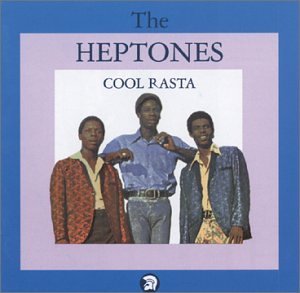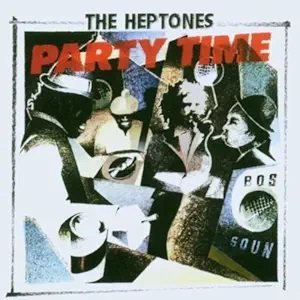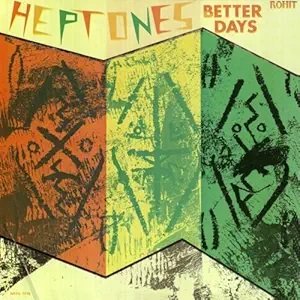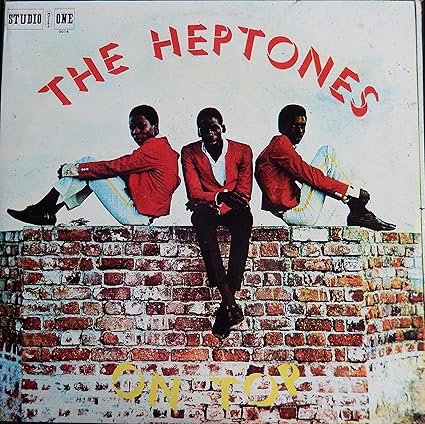The Heptones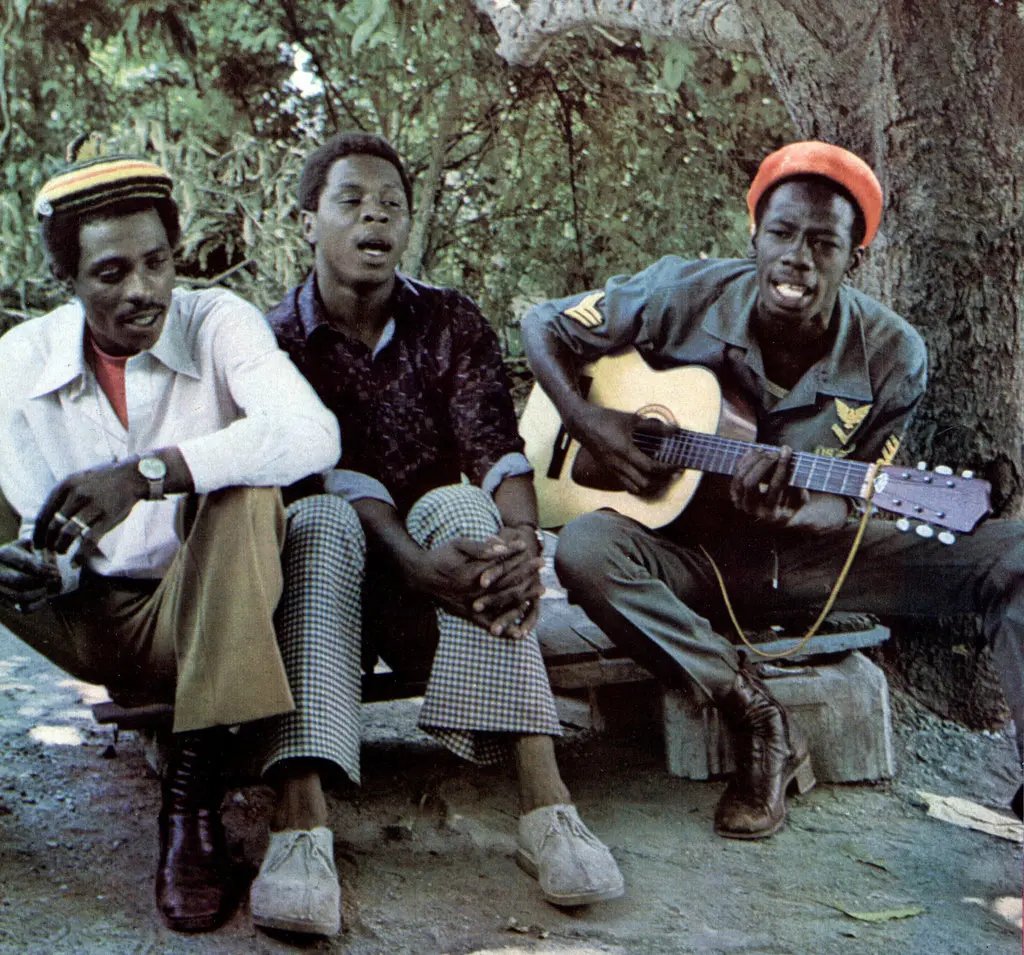
|
The Heptones are one of the most influential vocal trios in the history of Jamaican music, helping to bridge the gap between the ska, rocksteady, and reggae eras. Formed in the early 1960s in Kingston, Jamaica, the original lineup consisted of Leroy Sibbles (lead vocals and bass), Barry Llewellyn, and Earl Morgan. With their seamless harmonies and socially conscious lyrics, The Heptones quickly rose to prominence during the golden age of rocksteady, becoming key figures in the development of modern reggae music. During their prolific career, The Heptones released a series of landmark albums that became cornerstones of reggae history. Their early recordings at Studio One under the guidance of producer Coxsone Dodd included hits like “Fattie Fattie,” “Pretty Looks,” and “I Hold the Handle.” Later, they signed with Island Records and collaborated with the legendary Lee "Scratch" Perry to release the critically acclaimed album Party Time in 1977. Another major highlight was Book of Rules (1973), an album featuring the enduring title track that showcased their philosophical lyricism and spiritual depth. Although the group experienced lineup changes over the years, especially following the departure of Leroy Sibbles in the late 1970s, The Heptones continued to tour and record, preserving their signature harmony-driven sound. Barry Llewellyn passed away in 2011, but the band's legacy endures through their classic recordings and ongoing influence on generations of reggae and roots artists. Today, The Heptones are celebrated not only for their soulful melodies but also for their role in shaping Jamaica’s rich musical heritage.
Search Amazon for Heptones Music |
